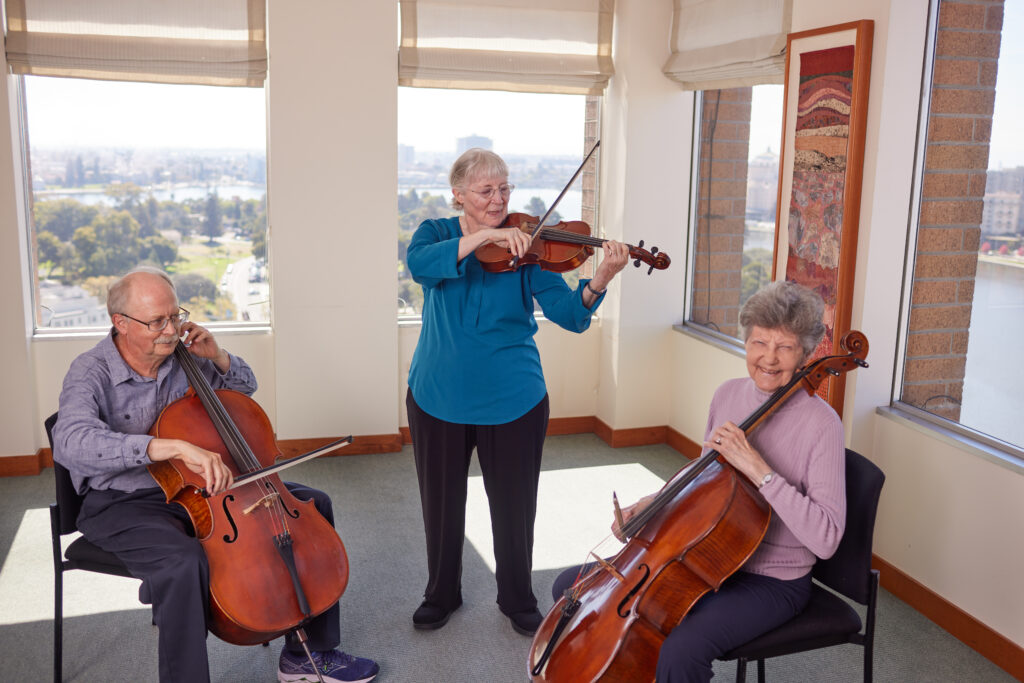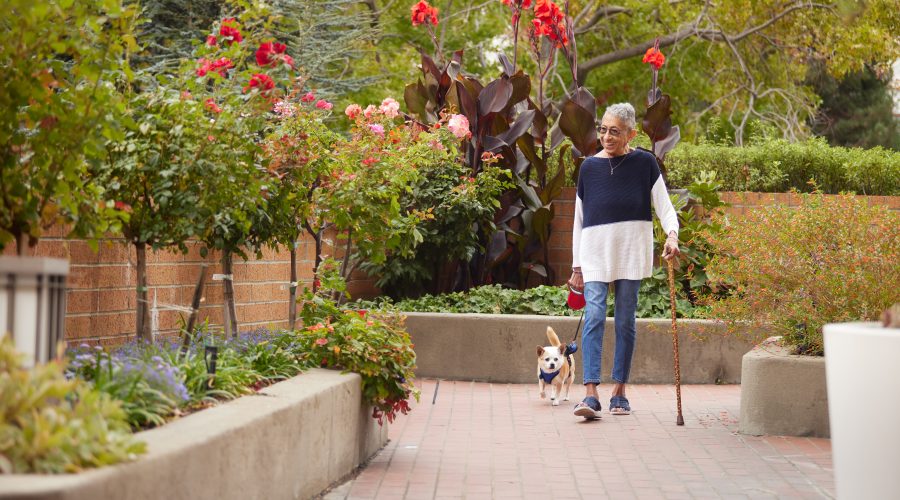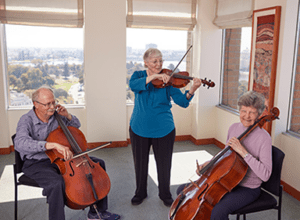
Understanding the Holiday Blues for Seniors
The holiday season is often portrayed as a joyous time filled with festive gatherings, gift-giving and cherished traditions. However, for many seniors, this period can bring about a range of emotions that can negatively impact their mental health. The “holiday blues” is used to describe the feelings of sadness, loneliness, or depression that some individuals experience during the festive season.
For seniors, the holiday blues can be particularly challenging. As we age, we may face physical limitations, loss of loved ones, or changes that can make the holidays a difficult time. Recognizing and understanding these feelings is essential to providing the necessary support and care for our loved ones.
Factors that Contribute to the Holiday Blues in Seniors
- Grief and loss: This season can be a reminder to people who have passed away, triggering feelings of grief and sadness.
- Isolation and loneliness: Many seniors may live alone or have limited social connections, exacerbating feelings of loneliness during the festive season.
- Physical limitations: Age-related health issues or mobility challenges can make it challenging to participate in holiday activities or travel to visit family and friends.
- Financial concerns: The added expenses associated with the holidays, such as gifts and travel, can create financial strain and stress for seniors on a fixed income.
- Disruption of routines: The hustle and bustle of the holiday season can disrupt seniors’ daily routines, causing disorientation and anxiety.
Tips for Seniors to Manage their Mental Health During the Festive Season
While the holiday blues are a common experience for many seniors, there are strategies that can help manage and alleviate these feelings:
- Maintain routines: Stick to regular sleep schedules mealtimes and do physical activities as much as possible to maintain a sense of normalcy and structure.
- Stay socially connected: Make an effort to attend social events or gatherings, even if they are virtual. Engaging with others can help with feelings of loneliness and isolation.
- Self-care: Do things that bring you joy, like reading, listening to music, or practicing mindfulness.
- Seek professional help: If you or a loved one has persistent feelings of sadness or depression, don’t hesitate to seek help from a professional.
- Volunteer or give back: Volunteering can provide a sense of fulfillment during the holiday season.
The Role of a Senior Living Community in Supporting Seniors during the Holidays
These places play a key role in supporting the mental health of their residents during the holiday season. They often organize festive events, activities and outings to foster community and prevent isolation. Additionally, many senior living communities have on-site mental health professionals or social workers who can counsel and support residents experiencing the holiday blues. They also offer opportunities for residents to engage in activities like arts and crafts, music therapy, or intergenerational programs, which can help alleviate feelings of sadness and loneliness.
The Importance of Social Connections for Seniors During the Holidays
Social connections are significant for maintaining good mental health, especially during the holiday season. These connections can provide seniors with a sense of belonging, support and purpose. Loved ones play a vital role in fostering social connections for seniors during the holidays. Simple gestures like visiting, sharing meals, or participating in holiday traditions together can make a profound difference in a senior’s emotional well-being.
Additionally, seniors can seek out social opportunities within their communities, such as joining a book club, attending religious services, or participating in group exercise classes. These activities not only promote social interaction but also provide a sense of routine and purpose.

Ways to Support Seniors in Your Life During the Holidays
If you have elderly loved ones in your life, there are several ways you can support them during the holiday season:
- Be alert to their needs: Check in with them regularly and be mindful of any changes in their mood that may show they are struggling with the holiday blues.
- Involve them in holiday traditions: Include seniors in your family’s holiday traditions, whether it’s decorating, cooking, or attending religious services. This can help them feel valued and connected.
- Offer practical assistance: Help with tasks such as shopping, decorating, or transportation to holiday events, which can alleviate stress and make the season more enjoyable.
- Encourage self-care: Remind your loved ones to prioritize their well-being by getting enough rest, eating nutritious meals and engaging in activities they enjoy.
- Be patient and understanding: Remember that the holiday season can be emotionally challenging for seniors. Offer a compassionate presence without judgment.
Navigating the Holiday Blues
The holiday season can be a time of celebration, but it can also bring sadness for many seniors. By understanding the factors that contribute to the holiday blues and implementing strategies to manage mental health, seniors can find ways to navigate this challenging time with greater ease and support.If you or a loved one are seeking a senior living community in Oakland, CA, that prioritizes mental health and well-being, we invite you to explore St Paul’s Towers. Our team is committed to creating a supportive environment that fosters social connections and provides resources to help residents navigate the holiday blues. Contact us now at (510) 891-8542 to learn more about our community!







